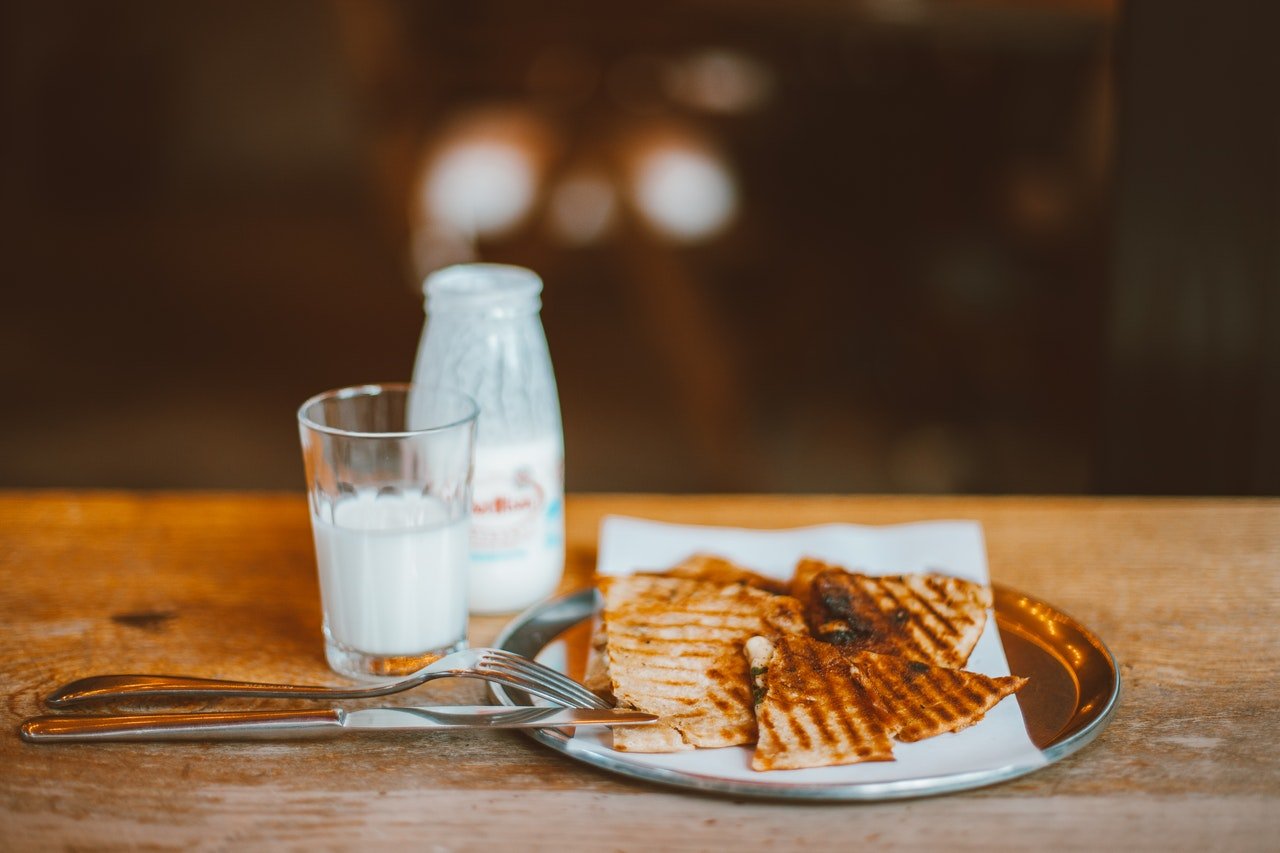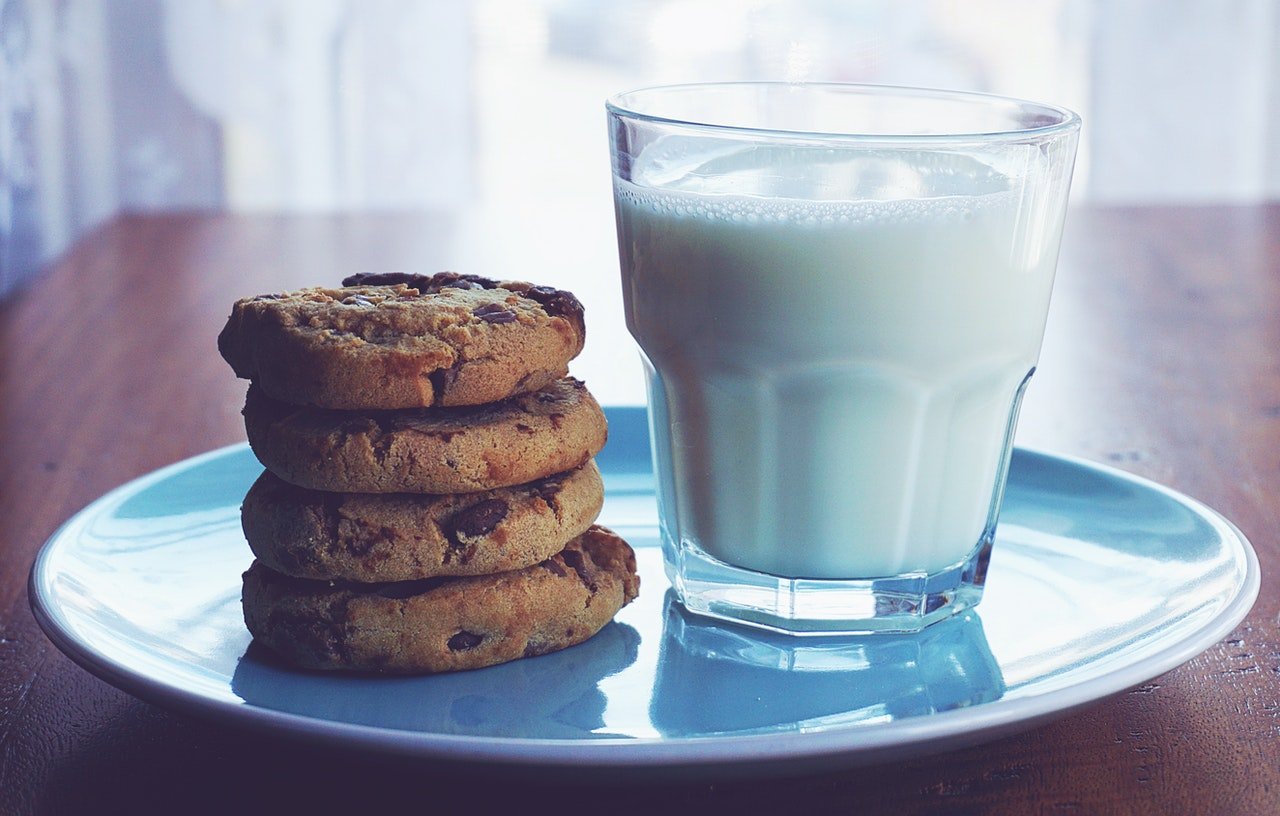Milk is one of the most common types of food that people usually have daily. Dairy products could be considered the same as milk. People frequently regard milk or dairy products as foods to avoid when dieting because they contain a variety of fats and carbohydrates, which contributes to their unpopularity.
But does milk really make you gain weight? Let us go through some of the issue surrounding milk and weight gaining:
Common perception
When it comes to foods, beverages to eat and avoid while dieting, weight-watchers have a lot of questions. The most common is the one about drinking milk. There’s no denying that milk is good for you. It does, however, contain fat, a macronutrient linked to weight gain. You may have learned that dairy, particularly milk, can contribute to weight gain, weight loss, or other health problems.
Some people believe that “drinking whole milk will make you gain weight,” that “cheese and butter are bad for your heart,” and that “yogurt is good, but non-fat varieties are best.” But the reality is that milk, like any other food, contains calories. It can add weight if you eat too much of it. So moderation is important.

The misconception
Milk is controversial, despite its nutritious value. According to some experts, this food was not intended for human consumption. It also has anti-inflammatory properties and is comprised of acidic animal protein, which may deplete calcium levels in the bones.
Hormones in cow’s milk are also a major source of concern. Milk contains estrogen-like compounds that can cause hormonal imbalances or even cancer.

Others, on the other hand, argue that the opposite is true. Milk, they claim, is an important part of the human diet and fosters good health. In fact, milk contains vitamins as well as other nutrients that aren’t found in a lot of other foods, like fruits and vegetables.
Make the calories count
The number of calories you require is determined by a number of variables, such as your age, weight, height, and level of activity. Assume you require 1000 calories per day to sustain your mass. Even if it’s whole milk, drinking milk won’t make you gain weight as long as it remains within the 1000 calorie range. In fact, because milk is so nutritious, it’s generally beneficial to drink a glass or two of it every day. Drinking milk, which is high in vitamins A and D, calcium, and protein, is a nutritious way to satisfy your hunger.

Conclusion
With these facts in mind, it’s difficult to say whether milk aids weight loss or weight gain. The studies are debatable. Milk is low in calories, moderate in carbs, and high in protein. It quickly fills you up and gives your body the nutrients it needs for muscle repair and growth.
In conclusion, it’s all about your overall diet. You won’t gain weight just by drinking milk. The keys to success are: balancing your diet, staying active, and developing healthier eating habits.

